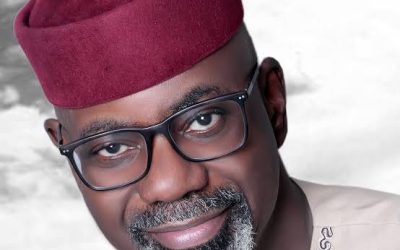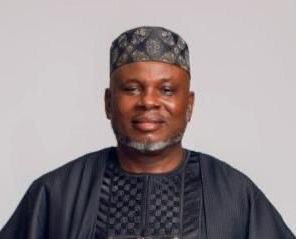Call for Amaechi’s Sack: Corruption Staging a Comeback – Eze
The crass exhibition of brazen impudence and manifest shamelessness exuding from the odoriferous cocoon of the People’s Democratic Party (PDP) clearly indicates that the sleazy carcasses of the umbrella party and their attendant large scale corruption may be scheming a serious comeback after they were disgraced out of power on grounds of incompetence, mismanagement of…





